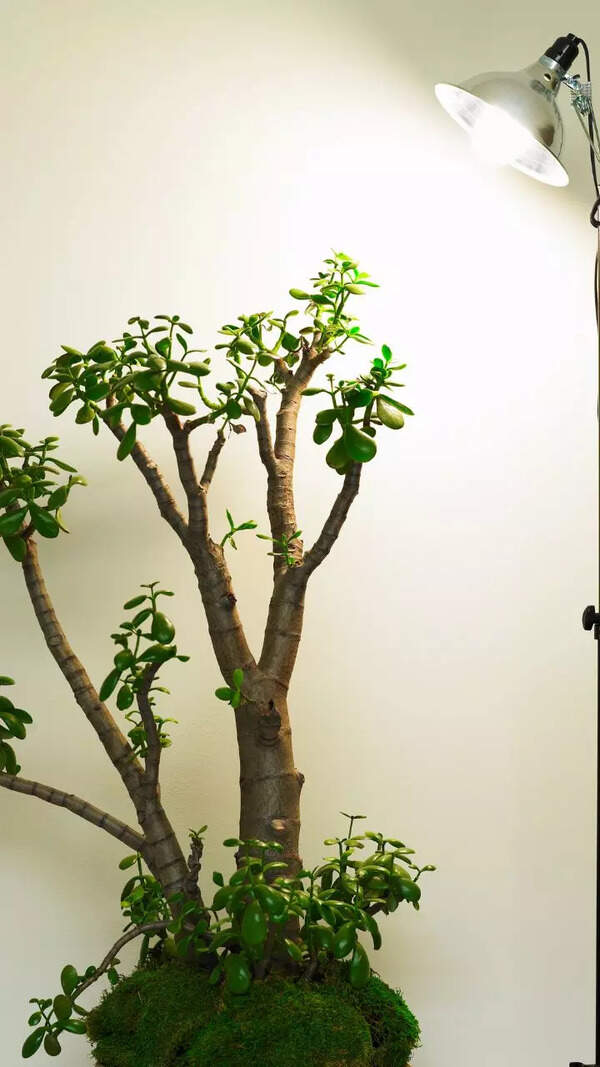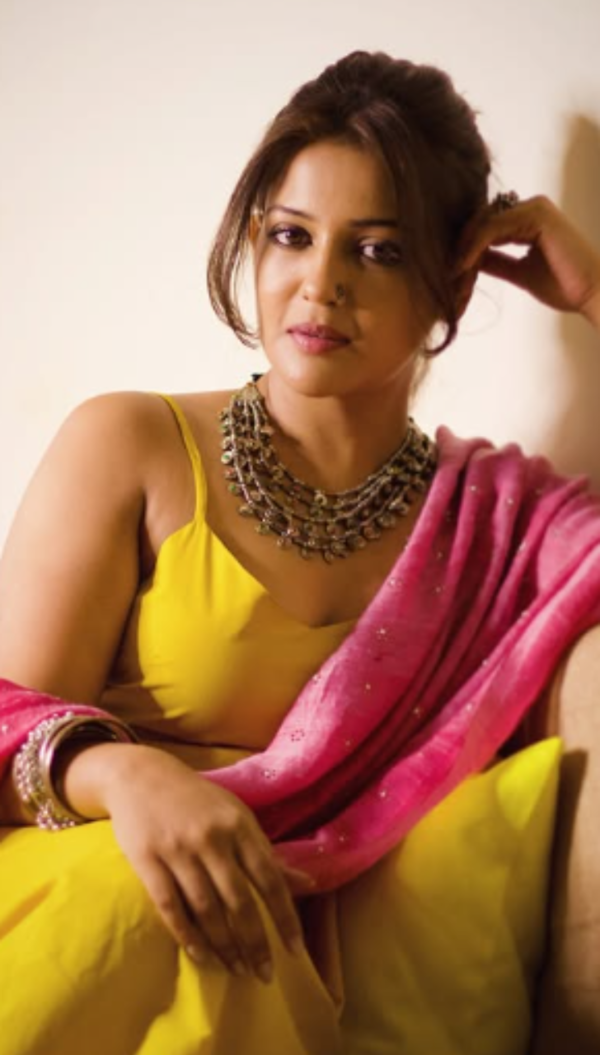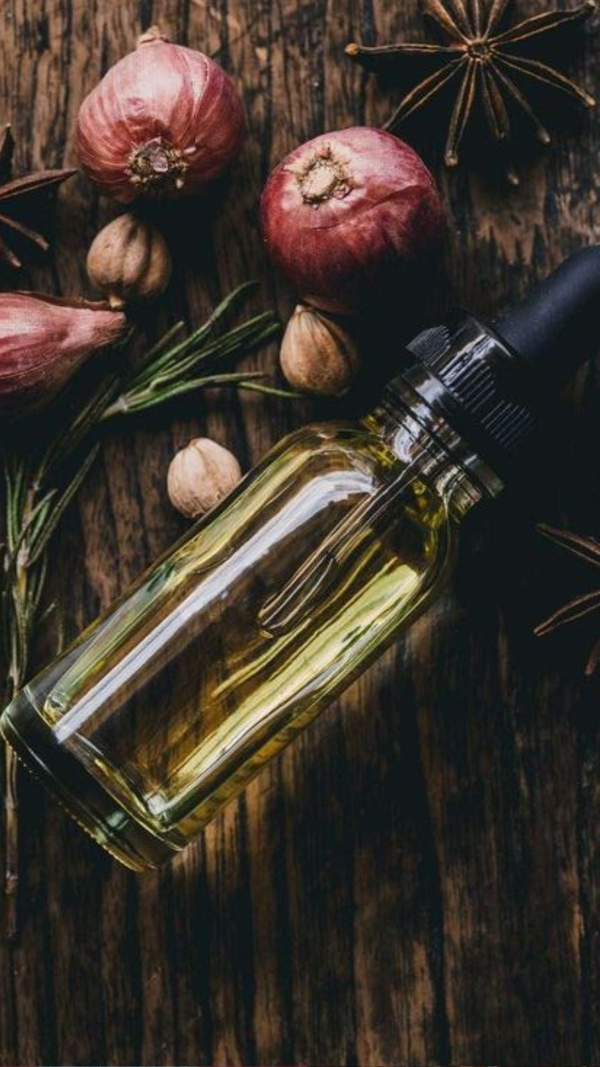From breaking myths about menopause to educating her kids about menstrual cycle; Gautami Kapoor spills facts about motherhood and womanhood

From breaking myths about menopause to educating her kids about menstrual cycle; Gautami Kapoor spills facts about motherhood and womanhood
Actress and mother Gautami Kapoor opened up in a candid podcast with Hauterrfly, discussing motherhood, womanhood, and everything in between. From educating her children about menstruation to calling out myths about menopause, she offered honest insights and personal stories with humour and empathy. Her take on parenting, growing up, and breaking social taboos is refreshingly bold and eye-opening.

On her kids dating
"We’re totally okay if our kids bring their partners home," Gautami said. She believes restricting kids only pushes them to hide things. “If I say no, she can't come home, he'll go out somewhere, he'll do something outside. Why be at that risk? I can always knock and enter the door. There's no problem. Kids are very straightforward and the more we restrict them they start getting into stuff which they should not be doing. If they're well educated, I think they are good.”
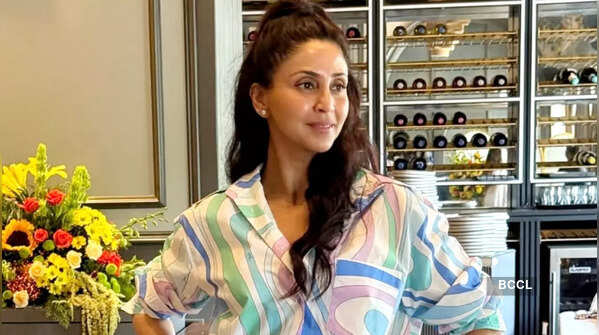
Issues during her childhood
Gautami recalls her strict upbringing and how fear of judgment impacted her decisions. “My mother was very strict. I keep telling my mother that a lot of wrong decisions I've taken in my life is because I was scared of her that she is never going to understand. That generation gap was always going to be there right so I still have that complain with my mom that though she was my best friend, couldn't confide in like a lot of things to her.”
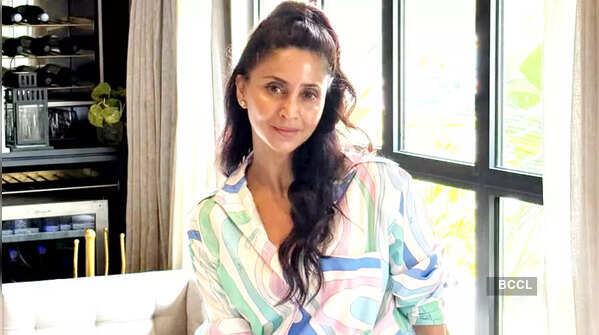
Her first menstruation experience
When I was growing up, it was a taboo like even though I came from a medical family, it was like oh, something will happen and you’ll get stomach pains. But what ‘something’ was never told to me. So I was in London when I got my first period and I was traumatized. I hid it. I did not tell anyone. So for two days I didn't know that I have to wear a pad. I was staying with my maasi and on the second day she helped me out with it. That's how it was normalized for me at that time.

Educating her kids about menstruation
So I started talking to my daughter at the age of nine. School me bhi kaafi educated kiya jaata hai. Boys are also educated so that they don’t make fun of the girls. In co-education system of learning, boys need to be more empathetic towards girls having cramps, headaches. I've educated my son also and he knows more about period than my daughter.

Normalising menstruation
In a touching anecdote, she asked her son to buy sanitary napkins for his sister. His initial hesitation quickly turned into normalcy, saying, “I said, ‘Go down, go to the chemist and get a packet of sanitary napkins.’ He said, okay. And it was normalized story. End a story. It's not like sanitary napkin is some big thing. It's normal.”
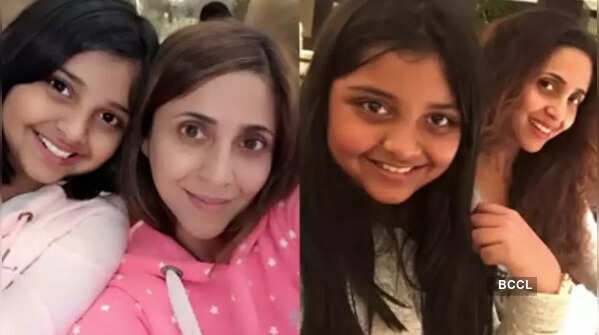
On her daughter not wanting to have a kid
My daughter told me that mom don't expect any kids because I can have cats and dogs, but I'm not going to have any children. I mean, a lot of girls are also getting married really late. So everybody's work-oriented, ambitious, and there's nothing wrong in that. But there are ways and means to have children at a later age.

On her menopause phase
I can write a thesis on it because I'm currently in that phase but it's not been that bad for me because I guess I've been working out, being fit, taking care of myself. I keep telling my mom that she used to be so irritable, angry. Now that we are vocalizing it and making it normal I think things are a little better for women around. But women go through a lot and when they get irritable, snappy, it is not that they want to do it. It's just out of their control. Women put on weight. I know a lot of my friends are struggling with weight, with hormones going wild, they suddenly feel sweaty in a party, or the hot flashes, and no one really cares. No one really bothers. So I think if the family is a little empathetic and little supportive, it can make them sail through this.

Breaking myths about menopause
“There's a misconception that when a woman reaches menopause, she’s become old. It's a myth. There's nothing like that. Even women feel like that about themselves. They feel that oh my god now menopause, my s*x drive will go away, my skin will become bad. It's a myth. Men also reach their menopause. Nobody talks about that. They become irritable. They start snapping and their hormones also start getting depleted. They start having hair loss. Only women are targeted,” she said. She called for equal understanding and debunking the shame associated with women aging.

